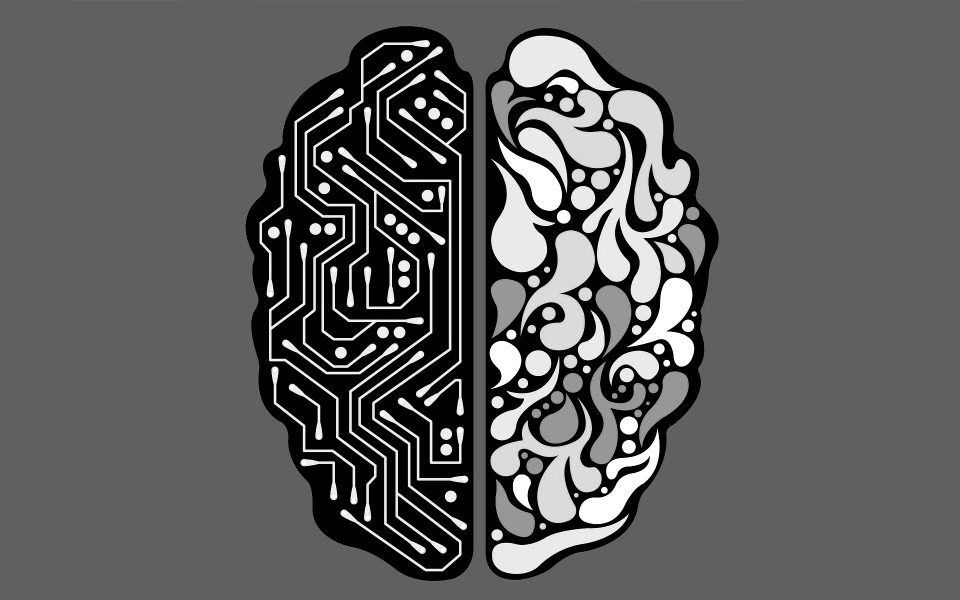Archives
- Newer posts
- November 2025
- October 2025
- September 2025
- August 2025
- July 2025
- June 2025
- May 2025
- November 2024
- April 2024
- November 2023
- October 2023
- August 2023
- May 2023
- February 2023
- October 2022
- August 2022
- July 2022
- May 2022
- April 2022
- March 2022
- February 2022
- June 2020
- March 2020
- February 2020
- January 2020
- December 2019
- November 2019
- October 2019
- September 2019
- August 2019
- July 2019
- June 2019
- May 2019
- April 2019
- March 2019
- February 2019
- January 2019
- December 2018
- November 2018
- October 2018
- September 2018
- August 2018
- July 2018
- June 2018
- May 2018
- April 2018
- March 2018
- February 2018
- January 2018
- December 2017
- November 2017
- October 2017
- September 2017
- August 2017
- July 2017
- June 2017
- May 2017
- April 2017
- March 2017
- February 2017
- January 2017
- August 2016
- June 2016
- April 2016
- March 2016
- February 2016
- January 2016
- July 2015
- June 2015
- Older posts

Artificial intelligence in a phone – A marketing gimmick?
Let’s face it, it’s almost 2018, and the era of smartphones has evolved beyond imagination,
We have heard rumors about Artificial Intelligence and Machine Learning entering the mobile market ever since Jan 2017. They are no longer rumors, we finally have a mobile phone which has an AI chip inside its SOC (system on chip). It’s not manufactured by Samsung or Apple, Xiaomi or Oneplus.
It’s Huawei with their new flagship smartphone named Mate 10 and Mate 10 Pro. It is based on a new Hisilicon Kirin 970 chipset. The special thing about this chipset is that it includes a Neural-Network Processing Unit (NPU) inside it.
Now you would wonder why we need a neural processor in a mobile phone.
The special thing about this unit is that it allows the device itself to recognize certain patterns in the camera and apply specific adjustments to the post-processing algorithms to process pictures taken without any use of internet connection for pattern recognition. They say it results in better image outputs.
The other positives of the NPU were the fact that it could translate text without an internet connection.
There was a test conducted which showed that it could translate a long paragraph from Chinese to English in under 20 seconds, that’s about 20 times faster than an average phone that would use its GPU (graphics processing unit) to perform the same operations in a simulated environment. This is the only positive and useful feature of the NPU that I have read to date.
This jump is pretty significant in terms of the way the neural processor is used and could be improved in future. Considering the price point of around Rs. 60,000, is it really worth it?
Or is the APU just a marketing gimmick used to skyrocket the sales figures?
I clearly find this is a marketing gimmick as in this particular case, they highlighted the camera implementation of the NPU and no matter how good the processing is, we will eventually slap on our own filters over the processed picture and the main point of the post-processing is rendered useless.
It would have been a lot more convincing if the NPU was applied for the battery optimizations on app behavior. This would force close the app which is misbehaving with post-processing algorithms to increase battery life. This is seen as the number one flaw in the current generation of the smartphones.
Now the whole blog is the conclusion of what I have read and understood, I could be wrong at any given point, I might have missed out on certain features and there are chances they put out other features in incremental updates, but until then, I stand by my words on the way the NPU is utilized in the Mate 10.
